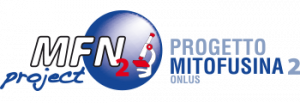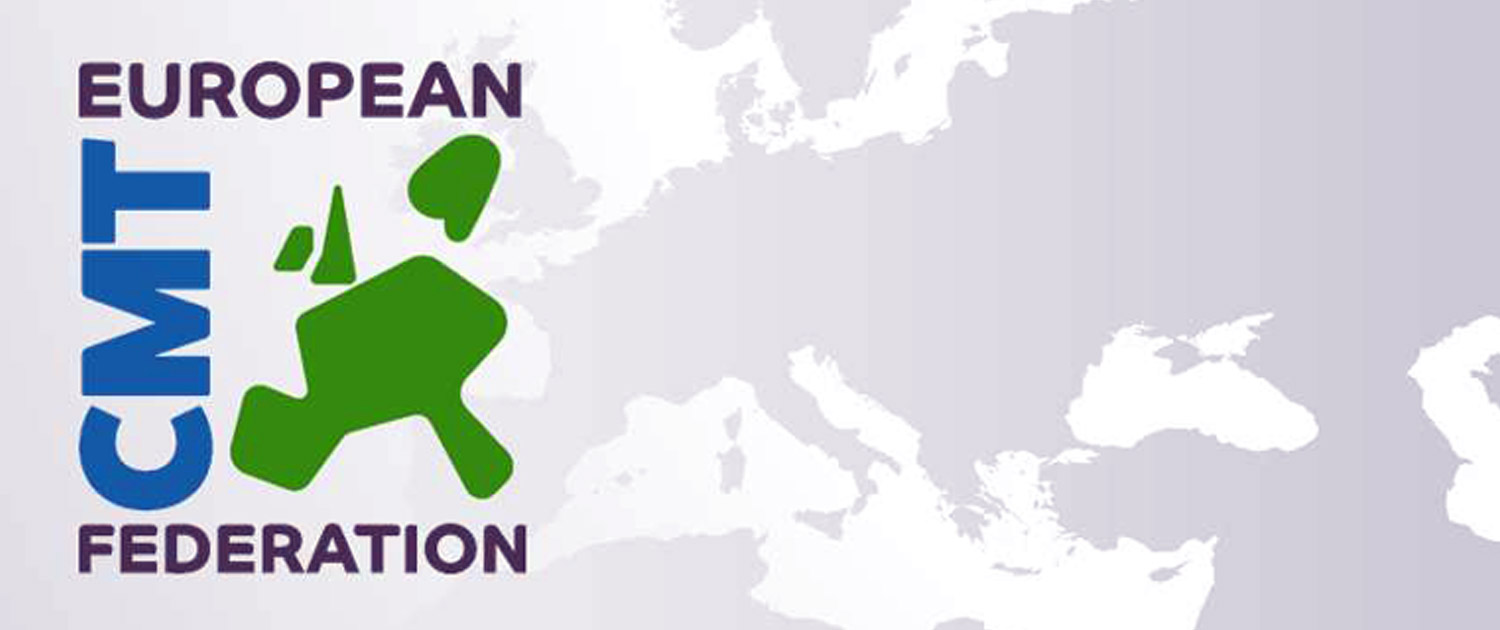European CMT Federation
04 May 2018
The European CMT Federation, named as ECMTF, has been officially introduced during the on the 8th ASNP MEETING held in Rome on April, the 21st 2018.
We are publishing an extrat from the President’s speech, courtesy of Daniel Tanesse.
«First of all, I would like to thank Pr Luca PADUA, Pr Angelo SCHENONE and Dr Davide PAREYSON for their kind invitation, and the organizers for their idea to involve some patients associations in this important meeting.
Wich problems are related to CMT & how can CMT associations play an important role in the search of solutions? And, especially, what are the aims and goals of CMT-EUROPE ?
Charcot-Marie-Tooth disease involves a large number of patients (1 out of 2500) which is about 300.000 people in Europe. Most of them are undiagnosed and have no access to medical care, although there are no curative treatments yet.
Fortunately there are some therapeutic trials our associations can play a significant role in by helping researchers to allow the adjustment of the trials to the real needs of the patients, choose the right end point to assess the effectiveness of the drug candidate and find the necessary cohort.
National associations can be of great help in this respect and they can also keep an unbiased eye on the correctness of the information. However the national level is not sufficient due to the fact that there are more than 90 different types of CMT, some of them very rare.
That is one of the reasons why we have built this European Federation: being able to help researchers by providing them volunteers for their trials on a larger scale.
CMT-EUROPE is a completely new structure composed of many european associations of patients. It all began as an idea shared by colleagues from France, Belgium, Uk, Holland, Italy and Netherlands during the International CMT Meeting at Venice in September 2016.
In there, the representatives of 6 associations founded the Federation which was registered in Belgium with its headquarter in Brussels.
The fact of working on an european scale makes us much stronger since we represents a larger community. We might have much more possibilities of making our voice heard by European and national authorities, laboratories and donors in order to encourage them to do more for CMT patients, in terms of research and treatment. And we wil be better able to draw funds from donors, supporters, European Community Institutions as well as to inform the audience, patients and doctors about this often unknown pathology.
Furthermore, we would like to provide access to our Federation to all CMT association (or similar) and offer our expertise and experience for the creation of CMT associations in countries where there are none at all.
We have just created a website and a Facebook page that we are developing.
You can see we are very interested in treatments – we hope they will be soon reached- and in providing a coherent presentation of our associations. We hope that our partecipation became a fixed appointment for the future ASNP Annual Meetings. That is what we hope, thanks for your attention.




